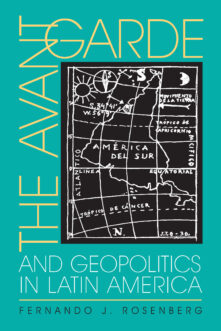Books
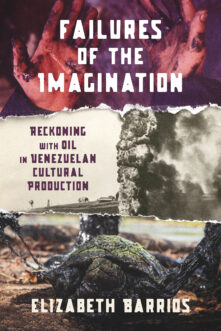
Failures of the Imagination
Reckoning with Oil in Venezuelan Cultural Production
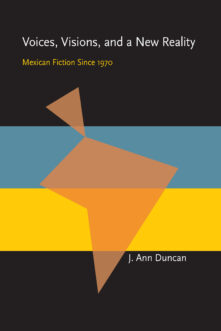
Voices, Visions, and a New Reality
Mexican Fiction Since 1970
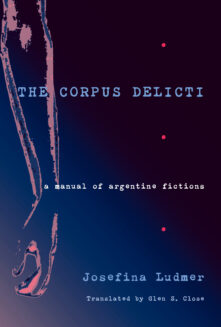
The Corpus Delicti
A Manual of Argentine Fictions
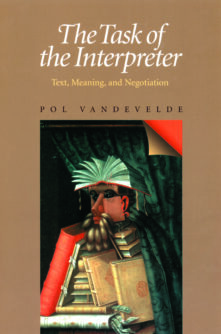
The Task of the Interpreter
Text, Meaning, and Negotiation
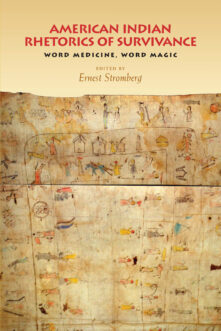
American Indian Rhetorics of Survivance
Word Medicine, Word Magic
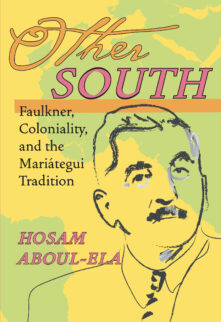
Other South
Faulkner, Coloniality, and the Mariátegui Tradition
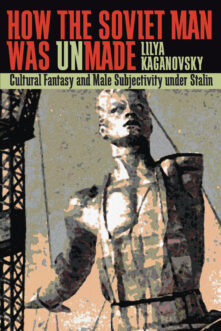
How the Soviet Man Was Unmade
Cultural Fantasy and Male Subjectivity under Stalin
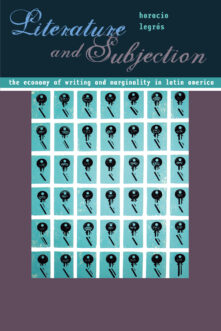
Literature and Subjection
The Economy of Writing and Marginality in Latin America
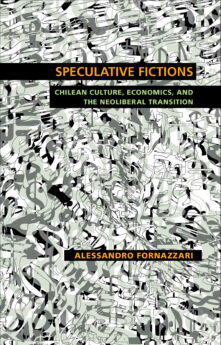
Speculative Fictions
Chilean Culture, Economics, and the Neoliberal Transition
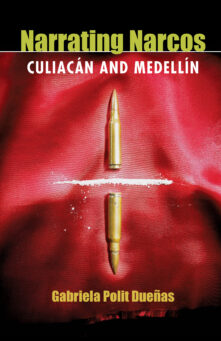
Narrating Narcos
Culiacán and Medellín
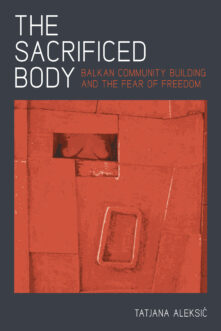
The Sacrificed Body
Balkan Community Building and the Fear of Freedom
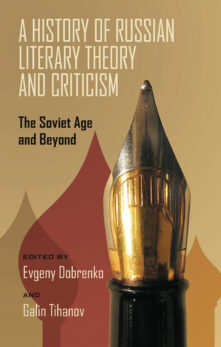
A History of Russian Literary Theory and Criticism
The Soviet Age and Beyond
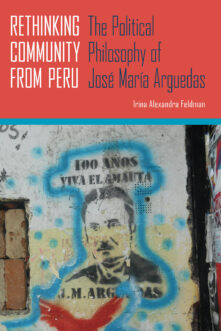
Rethinking Community from Peru
The Political Philosophy of José María Arguedas
Total 28 results found.


